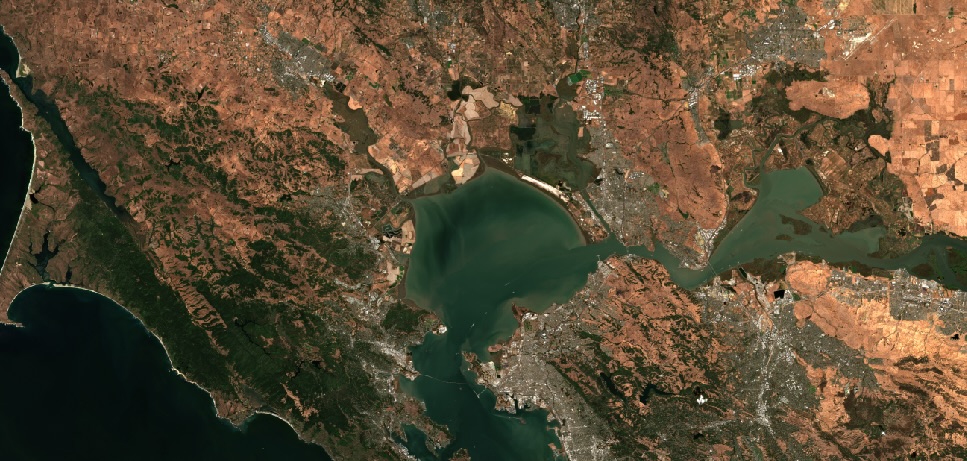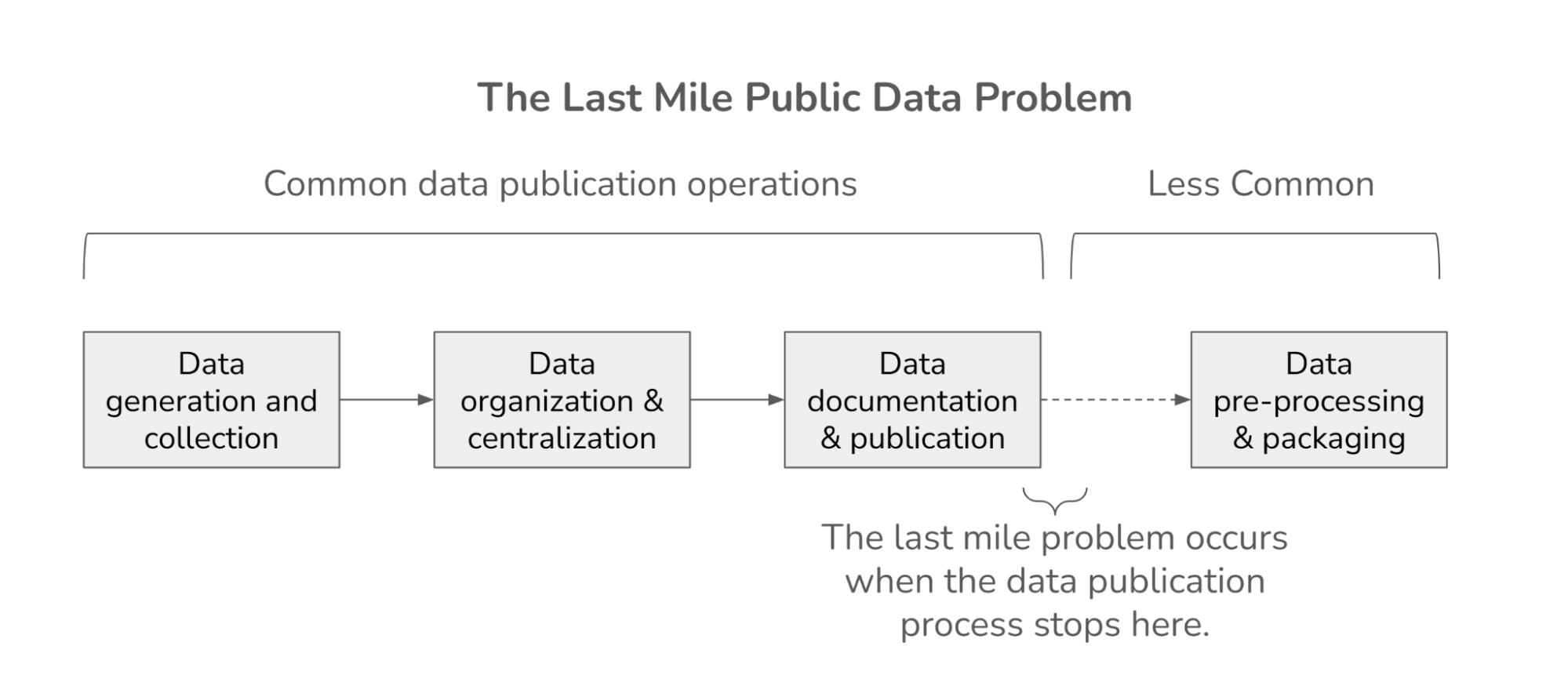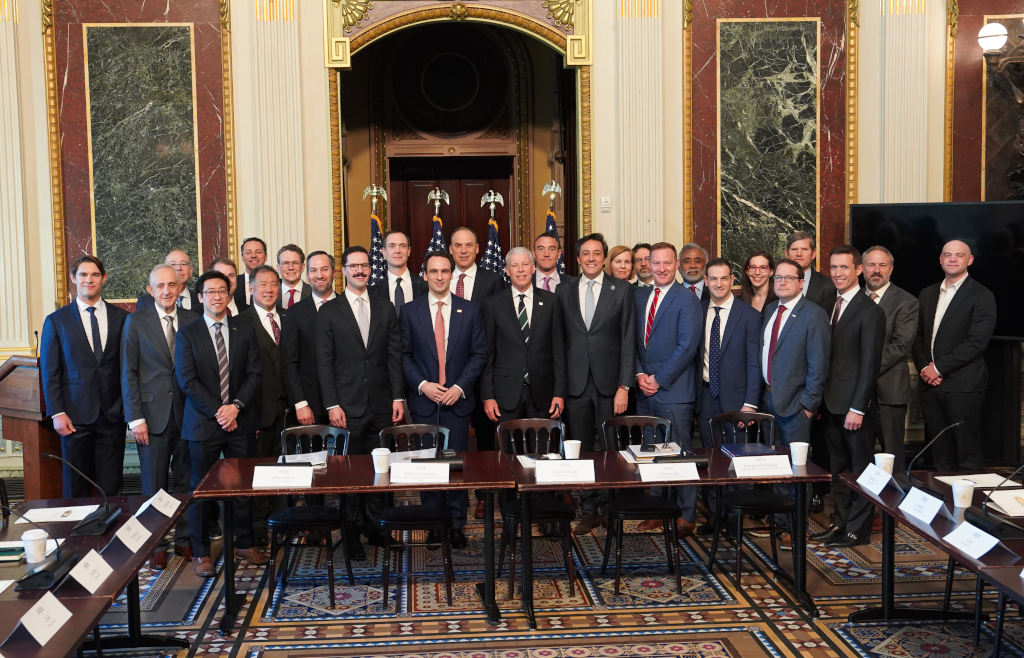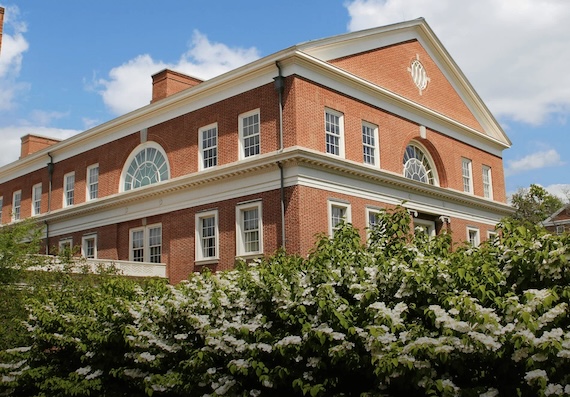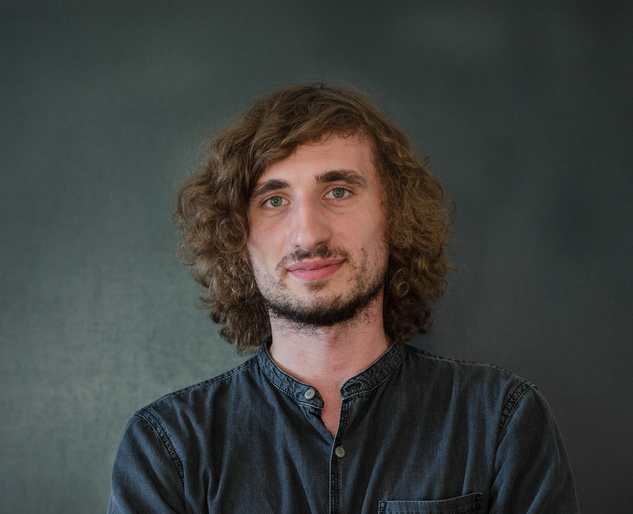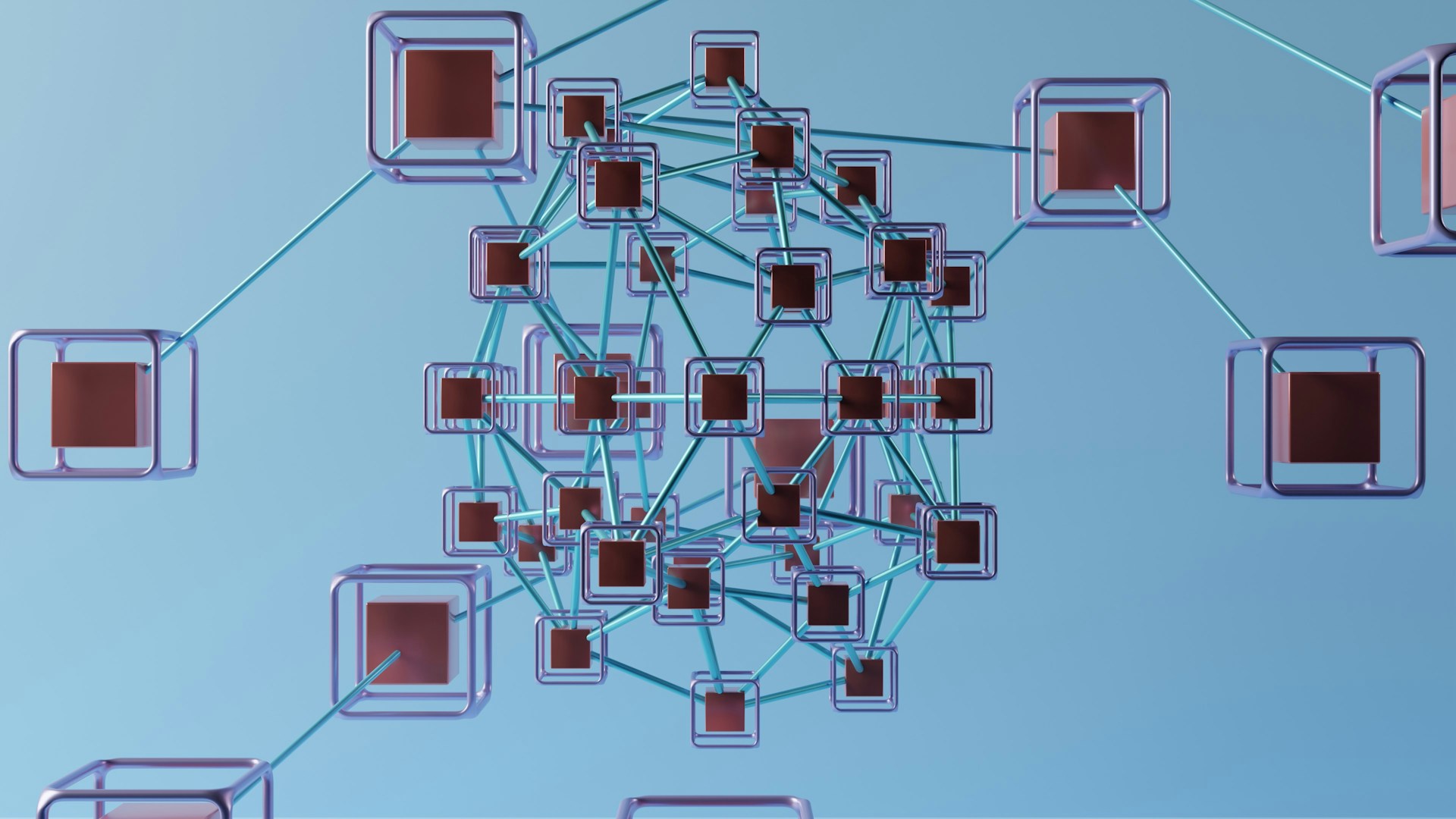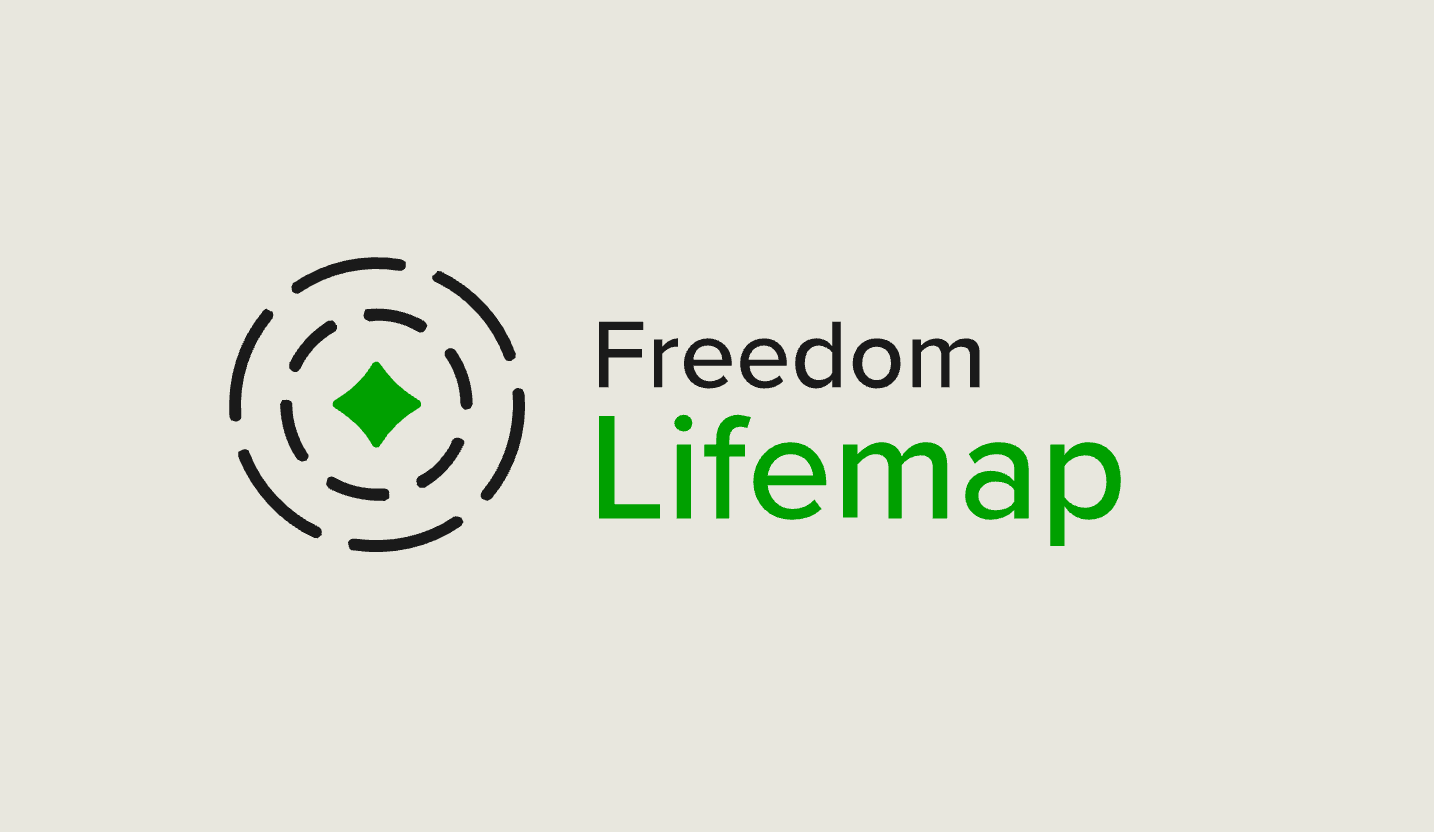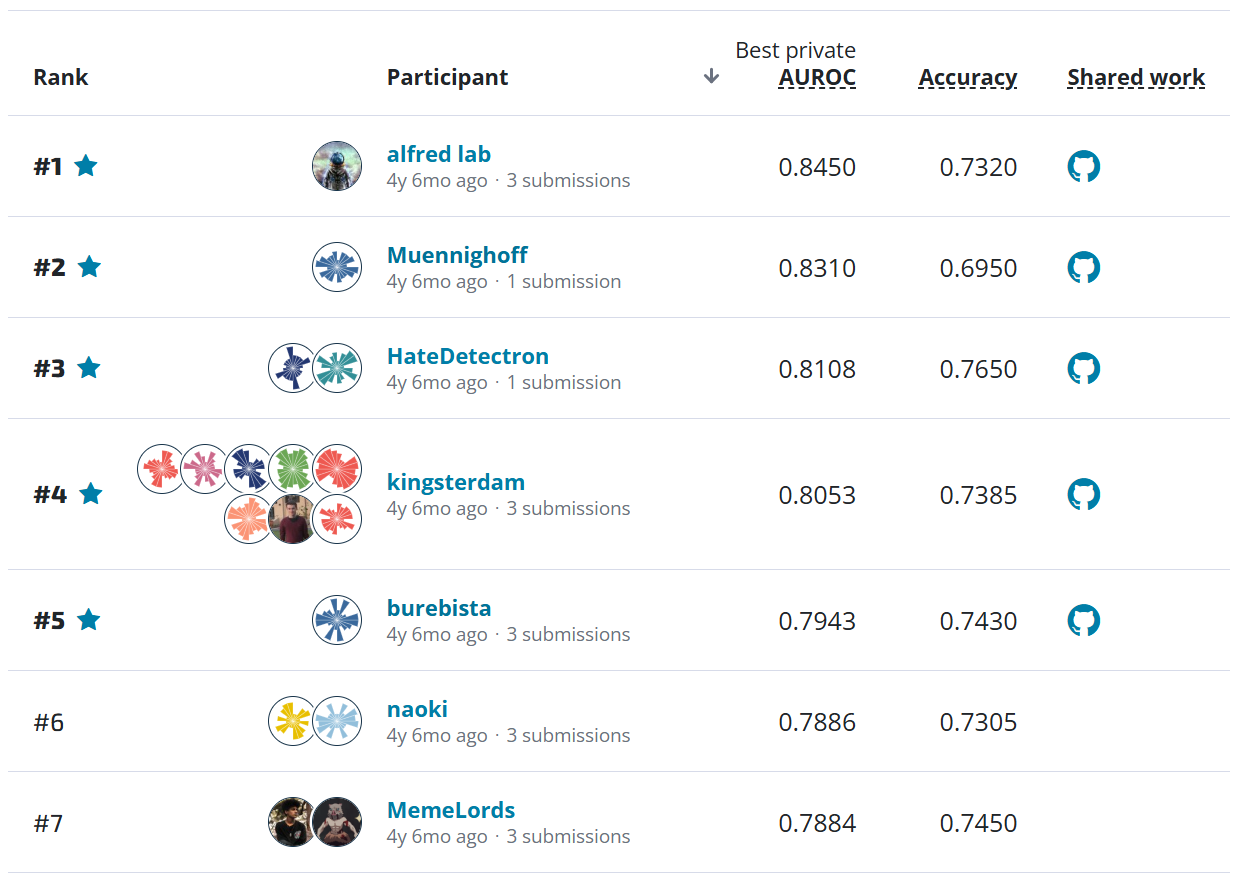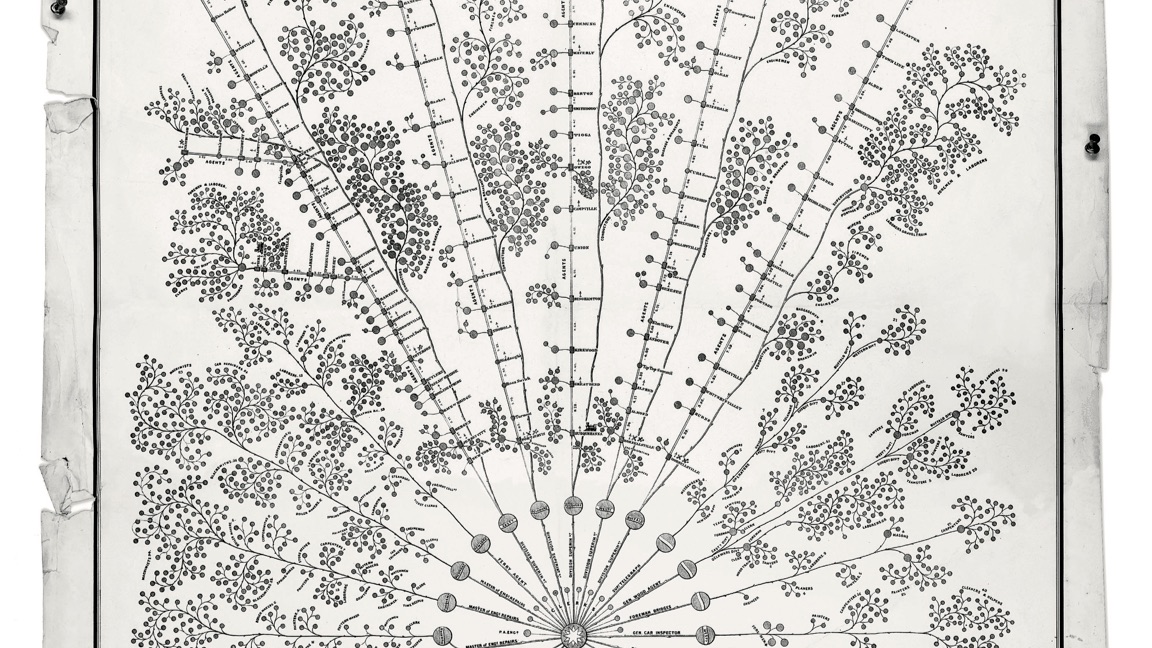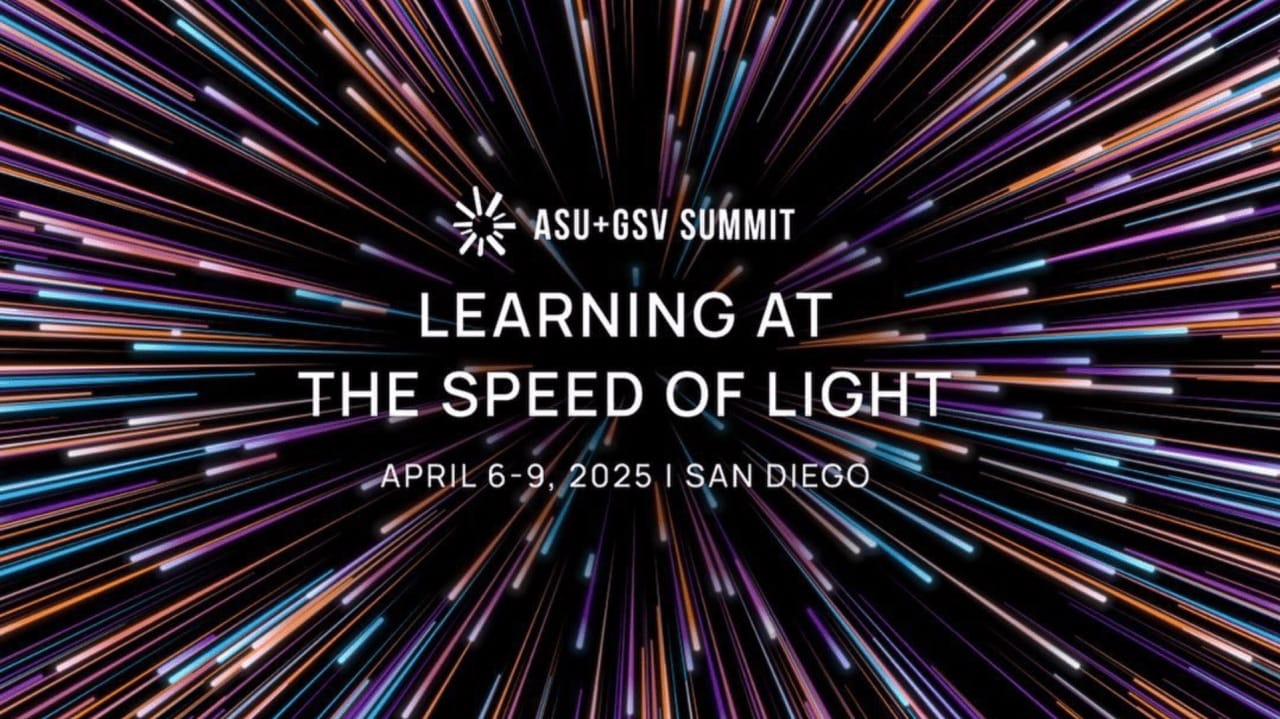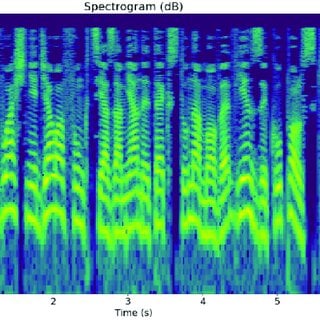
The Community Spotlight celebrates the diversity of expertise, perspectives, and experiences of our community members. In this post we sit down with Brett Mullins, a winner of the Differential Privacy Temporal Map Challenge and a graduate student at the University of Massachusetts at Amherst.
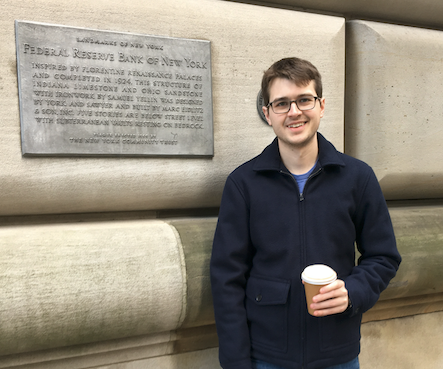
Name: Brett Mullins¶
Hometown: Atlanta, Georgia¶
Tell us a little about yourself. Where do you live, what do you do professionally, what do you enjoy doing outside of work?
I am a graduate student in Computer Science at UMass Amherst working with Gerome Miklau and Dan Sheldon. My research focuses on differential privacy and explainable machine learning but extends to other areas where applying formal models brings new ideas to the table.
Outside of work, I spend quite a bit of time reading, sampling coffees from all over New England, and tinkering with various Linux-friendly computers. I'm currently getting set up on a Framework 13.
How did you get started in data science?
Like many data scientists in the 2010s, I stumbled my way into the field. During undergrad, I studied economics and philosophy at Georgia State University. Afterward, I worked as research assistant at the Fiscal Research Center - a research group at GSU - on a project measuring income mobility in Georgia using government administrative data. This involved lots of dirty data work since we were linking datasets from multiple state and federal agencies.
Later, I did a summer internship with Allstate's data science group and returned full-time the next spring. My time at Allstate allowed me to learn a great deal while working on a variety of projects from model building - which mostly consisted of mining XGBoost but included a brief excursion into computer vision - to deployment and all of the wonderful messiness that comes along with getting a model integrated into a production environment.
What is a recent project you’ve worked on that you’re excited about or other interesting work you can share?
Two exciting recent projects I've worked on involve introducing a new algorithm for differentially private synthetic data generation - the focus of the DrivenData competition I participated in - and the foundations of rule-based explanations in machine learning. Below is a brief description of each.
In 2022, my colleagues and I at UMass released AIM, a novel algorithm for differentially private synthetic data generation which outperforms many of the existing mechanisms across high-dimensional datasets. Our mechanism follows the Select-Measure-Generate paradigm which iteratively learns low-dimensional statistics from the dataset and introduces several features to utilize the privacy budget efficiently. AIM grew out of line of research which included participating in the 2020 Differential Privacy Temporal Map Challenge.
For a classifier, a rule-based explanation is a set of inputs defined by a rule that the model labels the same way. For example, if there's a model that predicts that I have a cold, then a potential explanation is that my fever is above 100 F and I have a cough. There are several techniques available to generate these sorts of explanations such as Anchors and LoRE. In a recent paper, I argue that these algorithms can find explanations because most classifiers have a simple topological structure relative to the shape of potential explanations. This paper is part of an emerging area called Formal XAI.
What motivated you to join a DrivenData competition or to continue participating in challenges?
Going into the 2020 Differential Privacy Temporal Map Challenge, I was relatively new to differential privacy and was interested in learning about synthetic data and its applications. Fortunately, several folks from UMass shared my interests and we fielded a team. My colleague Ryan McKenna had success in the 2018 Synthetic Data Challenge and was instrumental in getting me up to speed for this one.
It also didn't hurt that the prizes on offer were quite generous! I look forward to any privacy-based competitions hosted in the future.
What hurdles have you had to overcome to become a data scientist? What advice would you give to others facing the same challenges?
Getting started in data science can feel like a daunting task. Not only is the field/role amorphous, but if you asked ten people what makes a data scientist you would get eleven different answers. Two areas that I always suggest people work to improve are communication and math/cs fundamentals.
Communication in data science is often pitched as storytelling. My practical interpretation of this is being able to make clear and engaging/entertaining slides. Being able to do this will take one far!
Suggesting learning math/cs fundamentals is more controversial, since these ideas may not be immediately useful to all or even most roles. Plus, it's more fun to dive into neural networks than figure out how to insert/delete records into/from a balanced tree data representation. However, when you run into a problem or want to use something new, you'll have a much easier time if you start from a solid base and only have to learn the particulars at hand. Here I recommend a bit of linear algebra, probability, convex optimization, and data structures.
Have you read any good books or articles recently?
A book which I started a while ago and am eager to pick back up is John Stillwell's Reverse Mathematics: Proofs from the Inside Out (2018). This is an introduction to a program in logic which studies the relative strength of theorems particularly in analysis. This book is both readable and approachable for those with a math background up through analysis or advanced calculus.
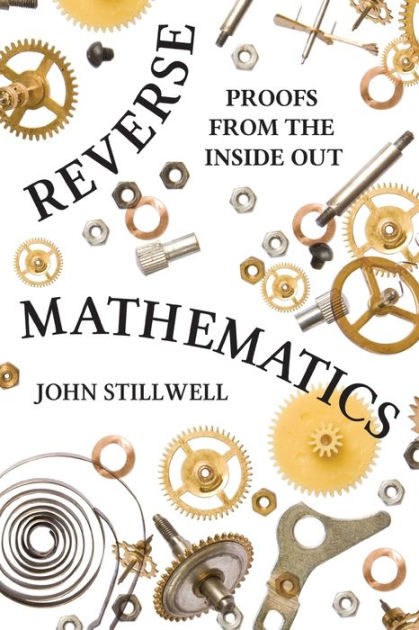
Photo: Reverse Mathematics book cover/Wikipedia.
I also write reading recommendations at the end of each year. Here are my lists for books and articles from 2022.
Where can the community find you online?
You can visit my website, find my papers on Semantic Scholar, and view some of my projects on GitHub.
Thank you for sharing your experiences and advice, Brett (@bmullins)! If you or someone you know would like to be in the Community Spotlight, let us know!


